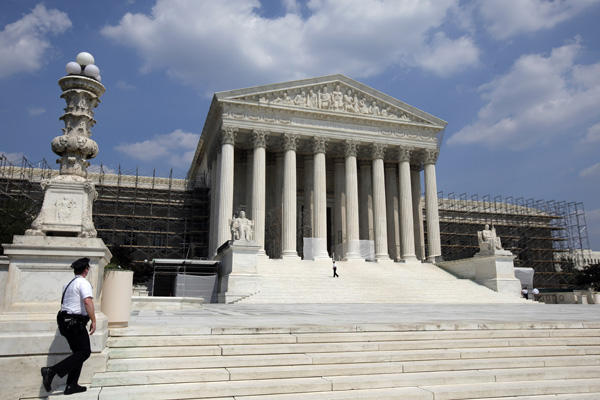Leaving a footprint in history, President Obama’s landmark legislation was deemed constitutional by the United States Supreme Court, granting 30 million more Americans access to affordable healthcare coverage. No President since Lyndon Johnson had been able to pass such a substantial piece of healthcare legislation.
The Supreme Court case started the day of the signing of the actual bill. Florida then filed a lawsuit contending the individual mandate and Medicaid expansion found within the law. 25 other states would later join the battle, positioning more than 50% of the nation against Obama’s law.
There were three major components to the Supreme Court decision:
- Individual Mandate – Does Congress have the right to impose a “tax” (or a look-a-like) on Americans without health insurance?
- Medicaid Expansion – Does the Federal government have the right to require states to increase Medicaid eligibility to 133% of the Federal Poverty level?
- Severability – If one portion of the health care law was deemed unconstitutional, was the entire law to be struck down?
In the end, the Supreme Court upheld the individual mandate by a 5-4 decision, claiming that the penalty applied for not having coverage is a form of taxation, a power that Congress will continue to sustain. However, the Medicaid expansion was deemed unconstitutional and was dubbed “overreaching”. This measure was a subtle win for enthusiasts of federalism and States’ rights.

